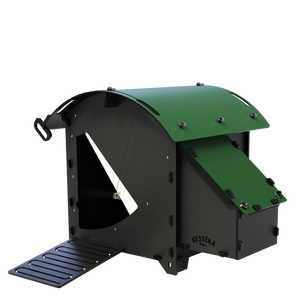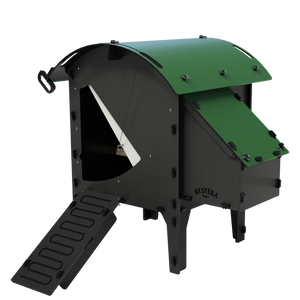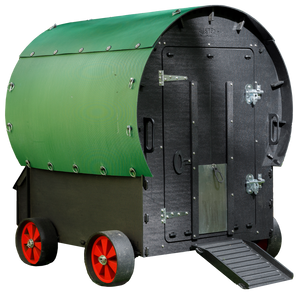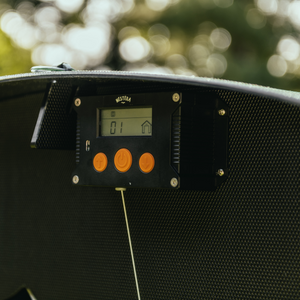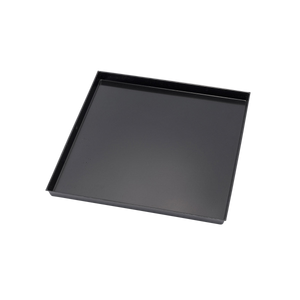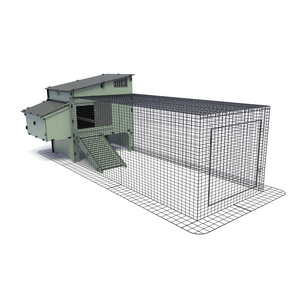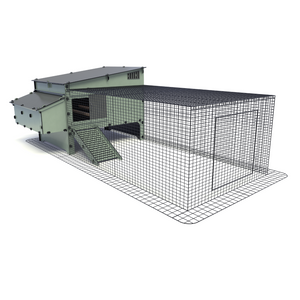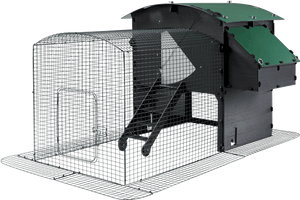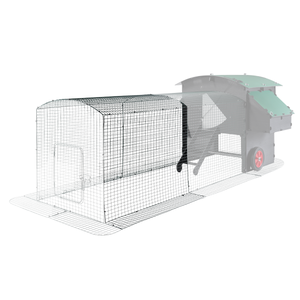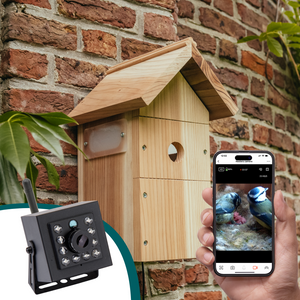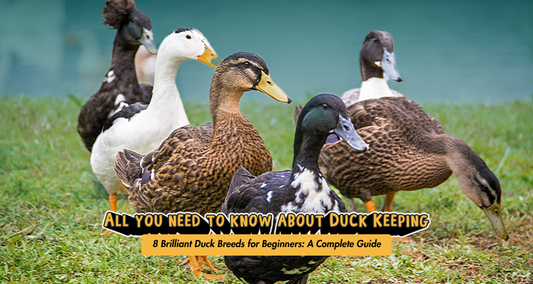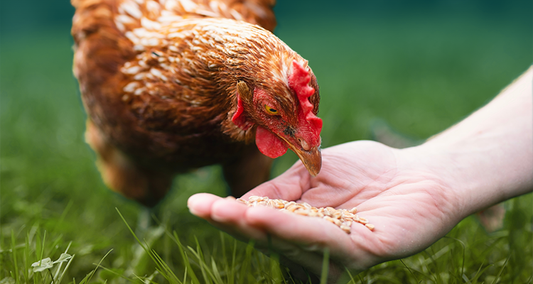Keeping ducks is a fun and rewarding hobby, whether you’re interested in raising ducks for eggs, meat, pest control, or as charming backyard pets. Ducks are relatively easy to care for, but their needs differ slightly from chickens and other poultry. This guide will walk you through the essentials of backyard duck keeping, including choosing the best duck breeds, housing, feeding, and ensuring their health and happiness.
1. How to Choose the Best Duck Breed

Different duck breeds serve different purposes. Before you start your duck-keeping journey, consider why you want ducks: egg production, meat, or companionship.
Popular Duck Breeds for Beginners
-
Khaki Campbell – Excellent egg layers (up to 300 eggs per year). Hardy, adaptable, and perfect for first-time duck keepers.
-
Pekin – Popular for meat production due to their size and tender meat. Friendly, fast-growing, and easy to handle.
-
Indian Runner – High-energy ducks with unique upright posture. Lay up to 300 eggs per year and enjoy roaming.
-
Muscovy – Quiet, goose-like ducks ideal for meat production. Suitable for urban and suburban settings.
-
Mallard – Hardy and ornamental. Not as prolific in laying but a classic choice for traditional duck keeping.
2. Setting Up Proper Duck Housing

Your ducks need a safe, dry, and predator-proof home to stay healthy.
Duck House Essentials
-
At least 4 square feet of indoor space per duck
-
Sturdy, weatherproof structure with good ventilation
-
Predator-proof doors and secure fencing
Bedding and Nesting
-
Use straw or wood shavings and change them often to maintain dryness.
-
Provide nesting boxes with soft bedding for egg-laying ducks.
3. What Do Ducks Eat? (Feeding Guide)

Ducks are omnivores and need a balanced diet to thrive.
Core Diet
-
Commercial duck feed – Starter feed for ducklings, grower feed for juveniles, and layer feed for egg-laying ducks.
Healthy Treats
-
Leafy greens – Lettuce, spinach, kale.
-
Vegetables – Peas, corn, cucumber.
-
Grains and seeds – Oats, barley, wheat, sunflower seeds (great for enrichment).
Avoid feeding ducks bread, processed foods, or anything moldy.
4. Water Requirements for Ducks

Ducks are waterfowl, so access to fresh water is non-negotiable.
-
Provide deep water containers so ducks can dunk their heads (prevents eye and beak infections).
-
A kiddie pool or small pond is ideal for swimming, but not essential for survival.
-
Change water frequently to prevent bacteria build-up.
5. Keeping Ducks Healthy and Clean
Healthy ducks require clean living conditions and regular observation.
-
Clean their housing regularly – Ducks are messy and produce a lot of moisture.
-
Watch for signs of illness: lethargy, reduced appetite, unusual droppings, or “wet feather” condition.
-
Consult a poultry vet if health concerns arise.
6. Socialising and Exercising Your Ducks

Ducks are highly social and happiest in pairs or small flocks.
-
Keep more females than males (drakes) to prevent overbreeding stress during spring mating season.
-
Allow them to free-range or roam in a secure area for exercise and natural foraging.
Final Thoughts: Why Keeping Ducks Is Worth It
Raising ducks is not only rewarding but also benefits your garden by reducing pests, fertilising the soil, and providing fresh eggs or meat. With the right breed, proper housing, balanced diet, and social care, your ducks will thrive and bring joy to your backyard.

